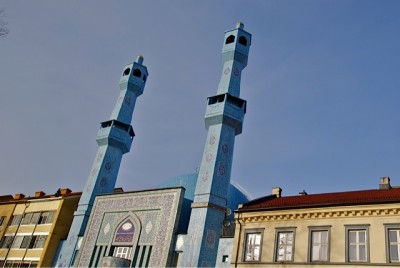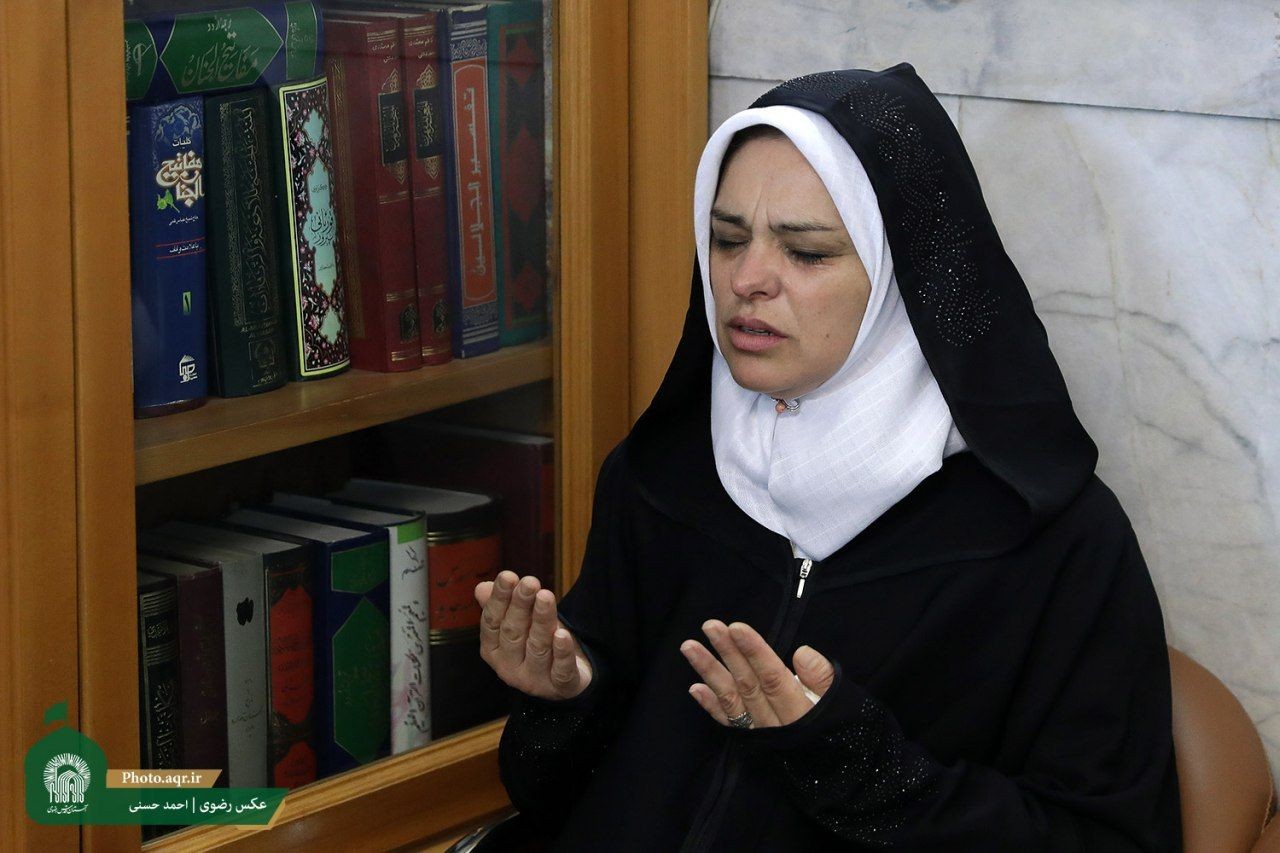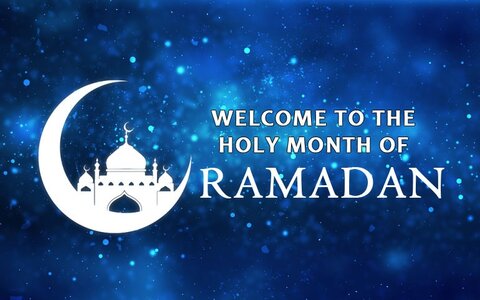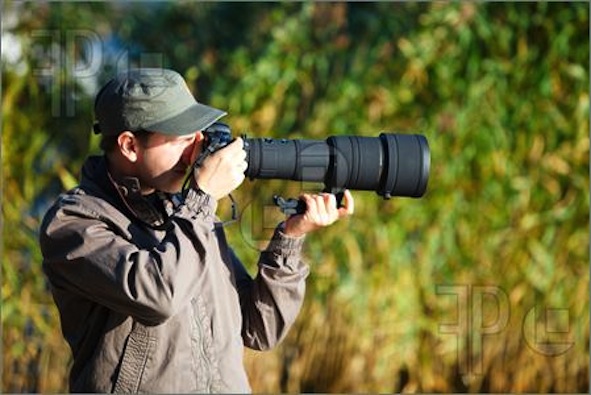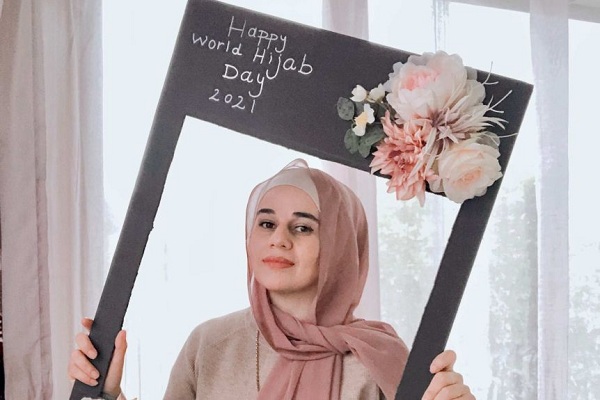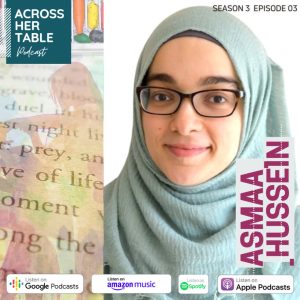According to rahyafte (the missionaries and converts website)
Youthful rebellion and, paradoxically, a perceived need for stronger rules in Norway’s liberal society are believed to be behind a recent rise in the number of Norwegians converting to Islam. “I think we need stronger rules,” one young Norwegian convert told newspaper Aftenposten on Monday.
No one knows for certain how many “ethnic Norwegians” have converted to Islam, according to Aftenposten, but researchers believe their numbers have increased from around 500 at the end of the 1990s to around 3,000 today. That’s still a tiny percentage of the Norwegian population, but the growth rate is significant, as is the perceived reason behind it: “Converting to Islam is perhaps the most extreme form of youthful rebellion today,” Anne Sofie Roald, a professor in religion, told Aftenposten. Islam, Roald noted, is a religion that can require a lifestyle for converts that’s “extremely different from the life they’ve lived earlier.”
The historic student protests of the 1960s led to social freedoms that now, perhaps, a new generation in rebelling against. That’s a paradox in a country that prides itself on its own hard-won freedom and independence, and its egalitarian society.
One 26-year-old Norwegian woman named Elsa, who didn’t want to be identified, told Aftenposten she’d fallen in with a “bad” group and abused both drugs and alcohol. She began to pray and then took Arabic language lessons, which gave her “a good gut feeling” about Islam. She began to read more, and said that what appealed to her most were the rules within Islam that were much stronger than in Norwegian society in general.
“I think people need that, guidelines and rules and consequences in the form of punishment or praise,” Elsa told Aftenposten. “Something to believe in.”
‘Religious experience’ on Utøya
Morten Ibrahim Abrahamsen, now a 23-year-old man from Hamar, converted after surviving the massacre of July 22, 2011 on the island of Utøya that was carried out by another young but right-wing anti-Islamic extremist. Abrahamsen told Aftenposten he had a religious experience while he desperately tried to hide from the lone gunman Anders Behring Breivik, who killed 69 people at the Labour Party’s youth summer camp that Abrahamsen was attending.
“I met a lot of resistance, also publicly, from people who thought I was vulnerable and had all but been forced to convert,” Abrahamsen said, after he’d declared his faith to representatives of the Islamic organization Islam Net in Oslo. “But now it’s been nearly four years (since the massacre and his conversion) and I’m thriving with my religion,” Abrahamsen told Aftenposten. “I have found the sense of calm I was looking for.” He and several of the
others interviewed oppose extremism and claim the Koran instructs them to follow the laws of the land where they live.
